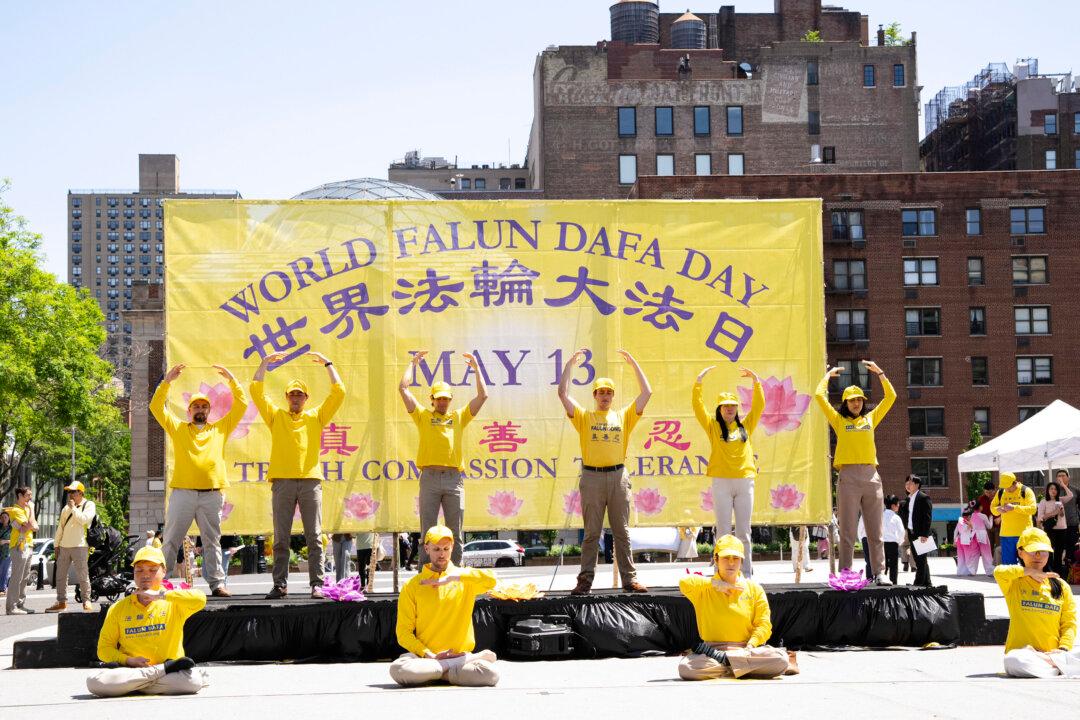In a recent ruling, a labor arbitrator has determined that California state agencies could require in-office attendance for employees, despite remote work rights outlined in union contracts.
The decision stems from a dispute between the California Public Employees’ Retirement System (CalPERS) and the state attorneys’ union, coinciding with the Newsom administration’s upcoming June deadline for in-office work.





